8. Paris, Texas (Wim Wenders, 1984)
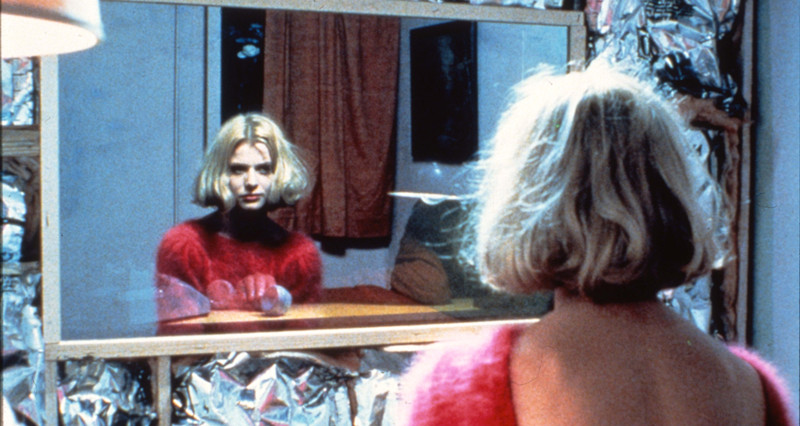
“Paris, Texas” is a beautiful and heartbreaking film. Harry Dean Stanton plays Travis, a man who has spent four years missing. After he faints somewhere in Texas he is found by his brother, who takes him to his place in Los Angeles and reunites him with his son Hunter. The story prior to his disappearance unravels throughout the entire film, and when he and Hunter open up to each other, they decide to go on a road trip with the purpose to find Jane, Hunter’s mom.
The nature of the characters and of the film itself is revealed through their memories, delving into themes such as family, longing, and love and its conflicts. Travis and Jane are melancholic and nostalgic, thinking about the past they shared and how it violently collapsed. The road movie structure of the film allows for lengthy conversations in which the past is revealed, reopening old wounds that never healed and probably never will.
9. Jules et Jim (François Truffaut, 1962)
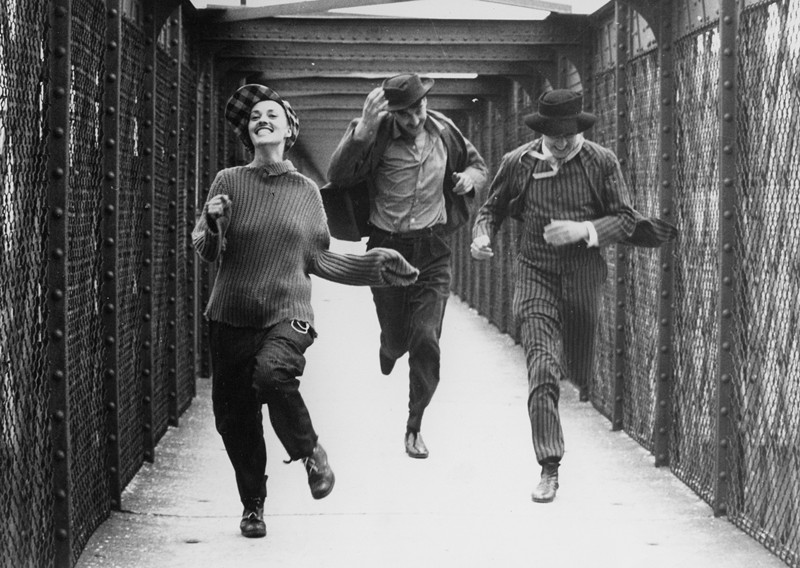
Jules and Jim are friends in pre-World War I Paris. They both have very similar personalities and sensibilities, and when they meet Catherine they both fall in love with her. We witness the development of their relationship over the years in this classic nouvelle-vague film in which François Truffaut gives us one of cinema’s most memorable love triangles.
This film configured a new language and its influence can still be felt in today’s storytelling. While they are young they are all happy, and they enjoy life together, just having fun and not thinking about the future. However, time passes, and Catherine marries Jules and World War I breaks out, separating the two friends. The demise of the idyllic friendship is unavoidable, for time passes and everything changes with it.
10. Hiroshima, mon Amour (Alain Resnais, 1959)
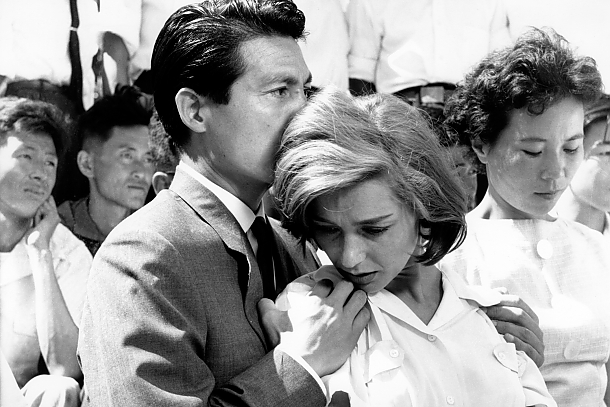
Alain Resnais is one of the most revolutionary nouvelle-vague directors, challenging the way stories are told in cinema, allowing the spectator to wander emotionally and intellectually in his films. “Hiroshima, mon Amour” is the poetical recount of an affair between a man from Hiroshima and a woman from Nevers, two cities badly wounded during World War II.
The story of the two cities underlines the story of the two lovers, with both narrations intertwining in a spiral where love always comes after pain, and vice versa. The film starts with the couple making love, their voices overlapping, and their bodies mixed with images of Hiroshima and its places. Their painful pasts allow them to connect deeply. They can feel each other’s suffering.
11. El Compadre Mendoza (Fernando de Fuentes, 1934)
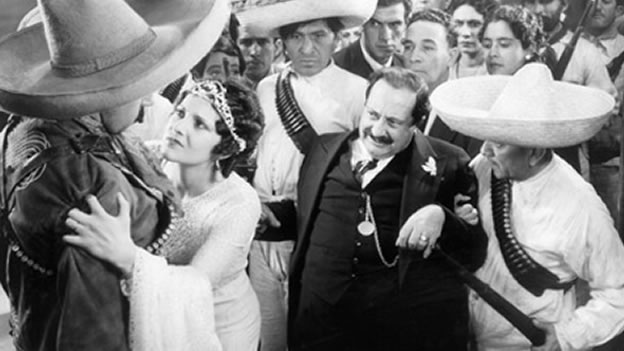
In the history of Mexican cinema, the name Fernando de Fuentes stands out. His 1935 film “Vamonos Con Pancho Villa” is regarded as the starting point of the national cinema’s golden age. He frequently used the Mexican Revolution of 1910 as the historical background of his films, and “El Compadre Mendoza” is no different. It tells the story of Mendoza, an arms dealer working with both sides of the revolution.
After being attacked by the Zapatista army, he is saved by a general named Nieto, who falls in love with his wife. General Nieto visits Mendoza regularly as the war moves, paying special attention to his son. Loyalty is the main issue of the film; loyalty to a nation, to a side in a conflict, to the own heart.
12. A Separation (Asghar Farhadi, 2011)
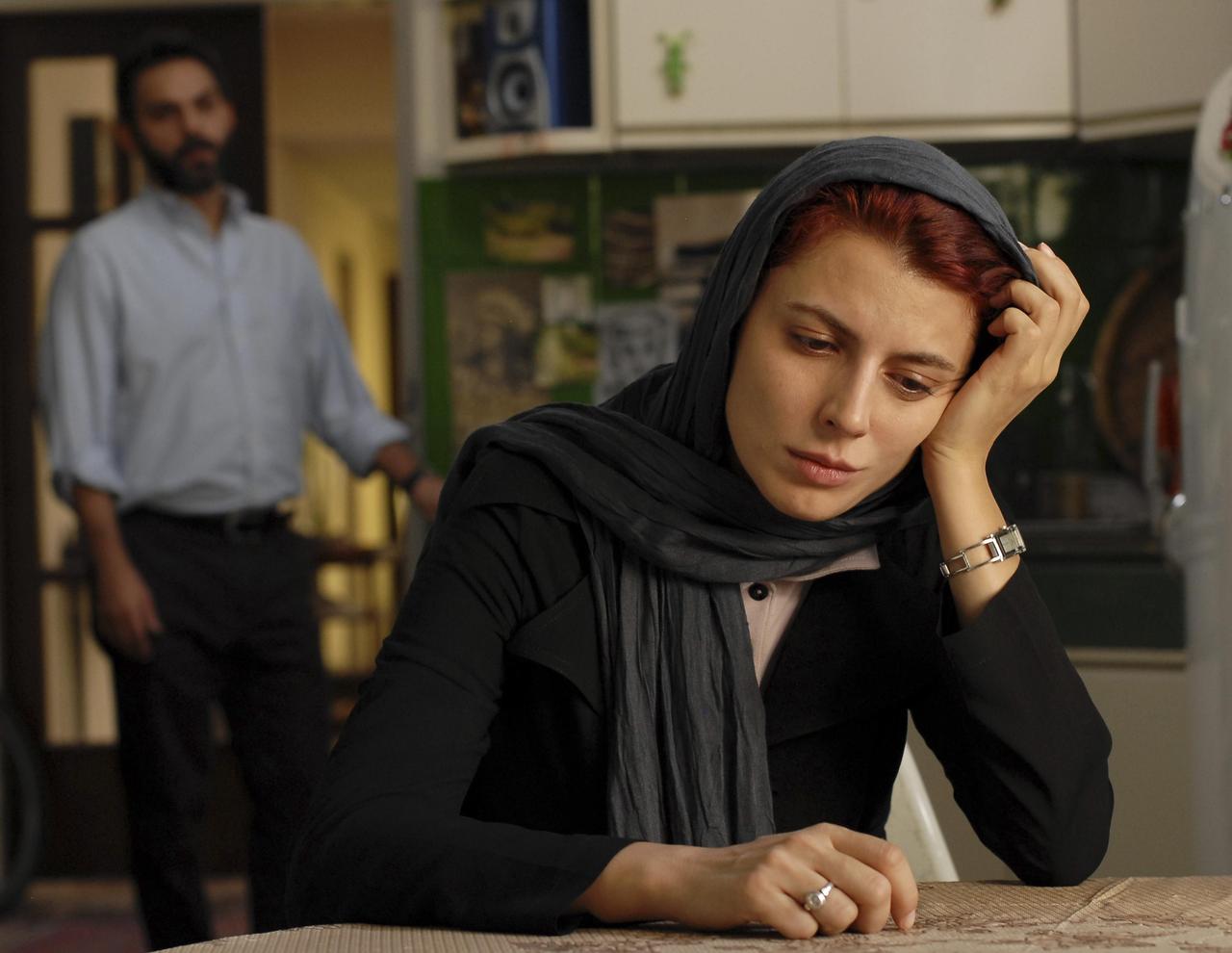
Simin and Nader are a couple on the verge of divorce. While Simin wants to leave the country in order to find a better environment for her children to grow, Nader wants to stay in Iran to take care of his father, who suffers from Alzheimer’s disease. This is the starting point from which the plot develops in a film that explores themes such as love, parenthood, family, and responsibility.
This is the most well-known and highly acclaimed film by Iranian director Asghar Farhadi, and its documentary-like direction makes it a serious experience in which we witness the turmoil in a relationship where love disappears not because of time, but because of socio-political reasons.
13. Last Tango in Paris (Bernardo Bertolucci, 1972)
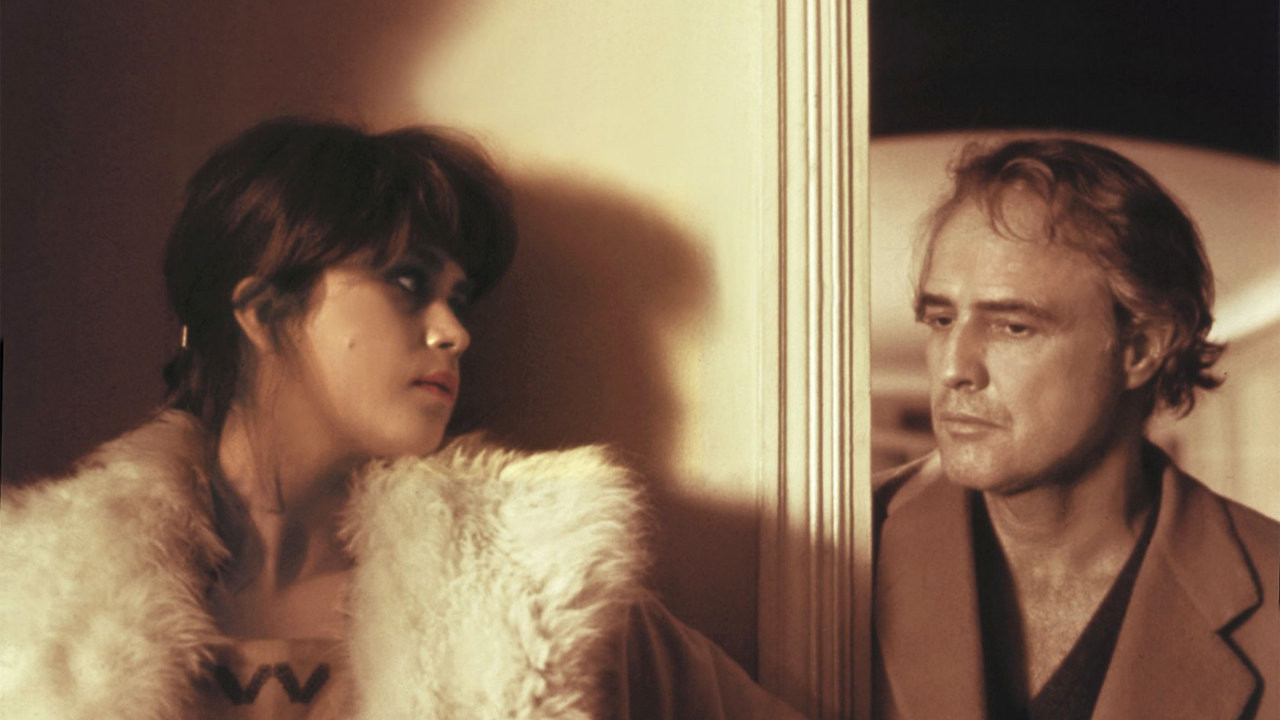
The first moments of Bernardo Bertolucci’s “Last Tango in Paris” show two paintings by Francis Bacon, one of which is a depiction of a man of a woman who seem to be in the midst of powerful feelings, foreshadowing the fate of the two unlikely lovers that are the concern of the film.
Despite being stained by an unnecessary rape scene, the film is still strong and emotionally powerful. A man whose wife recently killed herself and a young woman both meet by chance in an empty apartment that turns into a sort of temple, a separate world unrelated to their daily lives.
Identity is one of the main themes of the film. The man, played by Marlon Brando, insists that they remain anonymous, never revealing their names or the story of their lives. However, as their relationship develops, they end up falling in love with each other, and when their lives in the world and their lives in the apartment collide, tragedy takes place.
14. Wuthering Heights (Andrea Arnold, 2011)

Andrea Arnold’s rendition of Emily Brontë’s classic novel is a tactile and visually stunning tale of tragic love. A poor boy is rescued by Mr. Earnshaw, who takes him as a son and baptizes him under the name of Heathcliff. Tension ensues as Earnshaw’s biological son, a racist and violent man, constantly attacks Heathcliff. Not everybody in the household is abusive with him, however, and he finds solace and understanding in Cathy, Earnshaw’s younger daughter.
They grow closer and closer, but as Heathcliff is essentially a servant, she decides to marry a young man with a better social stance, ensuing Heathcliff’s heartbroken escape. The romantic tragedy is portrayed in the film as a social issue; the two lovers can’t be together because social expectations won’t allow them. The purity of their love is not a matter of concern or consideration, but rather the approval from the other members of a society filled with prejudices.
15. Her (Spike Jonze, 2013)
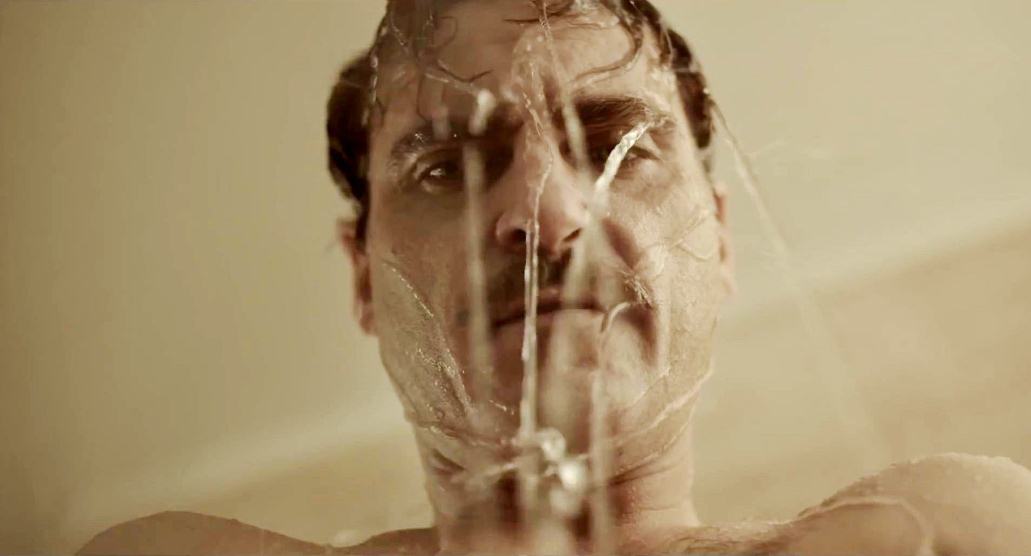
Spike Jonze’s award-winning film “Her” is a metamodern love story. Theodore, a lonely writer who is going through a painful divorce, buys a new OS designed to satisfy his every need. The OS manifests to Theodor under the persona of Samantha, voiced by Scarlett Johansson, and after awhile he falls in love with her.
The film serves as a manifesto of love in an age of relentless technological advances, where the line separating the real from the virtual grows thinner every day. While the relationship between Theodore and Samantha feels very real (and it surely feels like it is to Theodore), the physical separation draws a barrier that is hard to surpass.
Author Bio: Gustavo Toledo was born in Mexico City and he lives there. He is a graphic design student and a freelance writer. After a tragic accident in his childhood that left him homebound for several months he discovered the magic of cinema and now he is passionate about it. Since then all he ever dreams about is making movies.